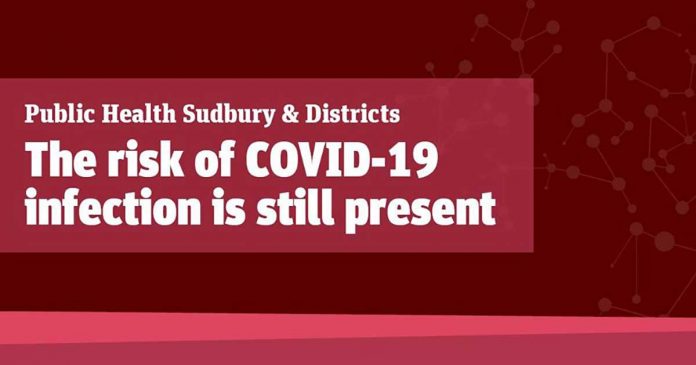LITTLE CURRENT – Keith Holtz and his wife Michelle had an unsettling experience with a would-be scammer in recent weeks. In this case, the con pretended to be someone calling from TD Visa about fraudulent activity on the couple’s credit card.
“It was just before 9 am on a Friday when my wife gets a call from TD Visa who said her card was compromised,” Mr. Holtz told The Expositor. They were told that money had been paid from the Visa to a wire transfer in Africa.
The instructions Ms. Holtz received from the other end were that she was just to cut up the old card but first, before they were sent the new card in the mail, they would need some verification such as name, address and the last four digits of the ‘compromised’ Visa. Ms. Holtz, believing this to be true, did as she was asked. The scammers then asked for the three-digit security code located on the back of the card. That’s when the couple’s alarm bells went off.
“It sounded like it was coming from a call centre,” Mr. Holtz, who was listening in on the call, explained. “They were persistent, saying it (the call) was all being recorded.” The couple hung up the phone and immediately called TD Visa.
No worrisome transactions, let alone a wire to Africa, had been made.
“They knew her name, address, the first four digits of the card—we were both still half-thinking it could be legitimate,” Mr. Holtz shared.
The couple asked the actual TD Visa operator how they would be informed should fraudulent activity occur and were told a secure email would be sent. (EDITOR’S NOTE: The Expositor has attempted to reach TD Visa, as well as local branch representatives in order to confirm this but has not heard back as of press time Monday.)
Mr. Holtz said he thought that one personal way to verify whether a call is indeed a scam is to ask the person on the phone to name the last few transactions, a record only the bank would have.
Mr. Holtz admits that this was indeed a close call. “Eventually, they would have received enough information to do something.”
Jeff Thomson is a senior Royal Canadian Mounted Police intelligence officer who works at the Canadian Anti-Fraud Centre (CAFC) based out of North Bay. This scam is referred to as the ‘bank investigator scam,’ he told The Expositor, and it comes in a variety of flavours, “but the gist of it is someone is claiming to be calling on behalf of a bank.”
“When people have been victims of unauthorized purchases, in some cases the banks will call,” Mr. Thomson said. “There will be no request for a credit card number or personal information, but they may want to confirm recent transactions.”
From January 1 to August 31 of this year, CAFC has investigated 492 bank investigator scam reports which claimed 199 victims for a total of $1.5 million in losses.
“It just cracks the top 10 for dollar amount,” Mr. Thomson said, the top three being romance, investment and extortion scams.
To report a scam, contact CAFC by calling 1-888-495-8501 or online at antifraudcentre-centreantifraude.ca.





